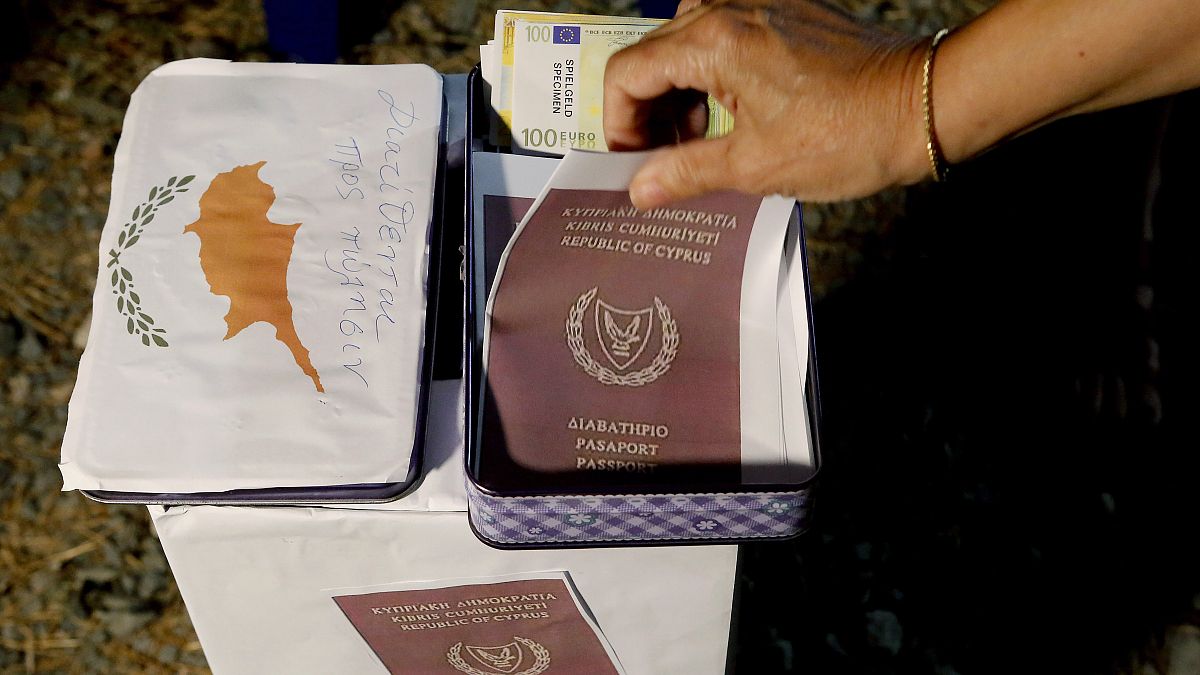The schemes saw the EU countries grant nationality — and thereby freedom to move around the 27-member bloc — in exchange for money or investment.
Brussels has officially launched legal action against EU countries Cyprus and Malta over their "golden passport" schemes.
The schemes saw them grant nationality — and thereby freedom to move around the 27-member bloc — in exchange for money or investment.
They have deemed a violation of EU law and are said to "undermine the integrity of the status of EU citizenship".
One MEP on Thursday called on the Commission to pass legislation that would ban the schemes.
“National governments cannot sell what is no theirs to sell, and that is EU citizenship," said Sophie in 't Veld, part of the Renew Europe group.
The programme allowed non-Europeans to get a Cypriot passport for a minimum of €2.15 million by investing €2 million in real estate and donating €75,000 to the government's research and development fund, and €75,000 to the country's land development organisation.
Malta and Cyprus have been given two months to reply to the letters from the European Commission, notifying them infringement proceedings had been launched.
Cyprus says it will end its passport programme on November 1. But the commission says Nicosia intends to continue processing pending applications.
Late on Tuesday Malta also said it was ending its Malta Individual Investor Programme, saying in a press release it has "taken note of the concerns raised by the European Commission".
However it also said it "reiterates that citizenship is a member state competence, whereby every European country decides on its own who are the individuals which it believes should receive citizenship."
Last year, the EU warned that such passport schemes could help organised crime groups infiltrate the bloc and raised the risk of money laundering, corruption and tax evasion.
The warning was contained in an EU Commission report on the multi-billion-euro industry of so-called "investment migration".
"Golden passport" programmes gained traction in the EU following the economic and financial crash in 2008. Portugal was one of the first countries to use this so-called golden visas starting in 2012, followed by Cyprus, Malta and Bulgaria.
Speaking at the European Parliament Plenary session on Thursday 22 October, MEP Sophie in 't Veld, tore into the Commission for failing to act sooner on golden passports and visas.
“No golden passport or visa scheme can ever be clean and legitimate because due diligence that relies on cooperation with the Russian and the Chinese and the Saudi authorities, frankly can never be watertight, and I’m being polite here,” she said.
“In reality, they’re just a golden backdoor into the EU for criminals. It’s not an investment, it’s criminal money”.
She asked if the European Council was going to "finally take responsibility or will they continue to knowingly facilitate criminals," while calling on the Commission to look into if there will be a second screening for those who have already been granted golden passports.
